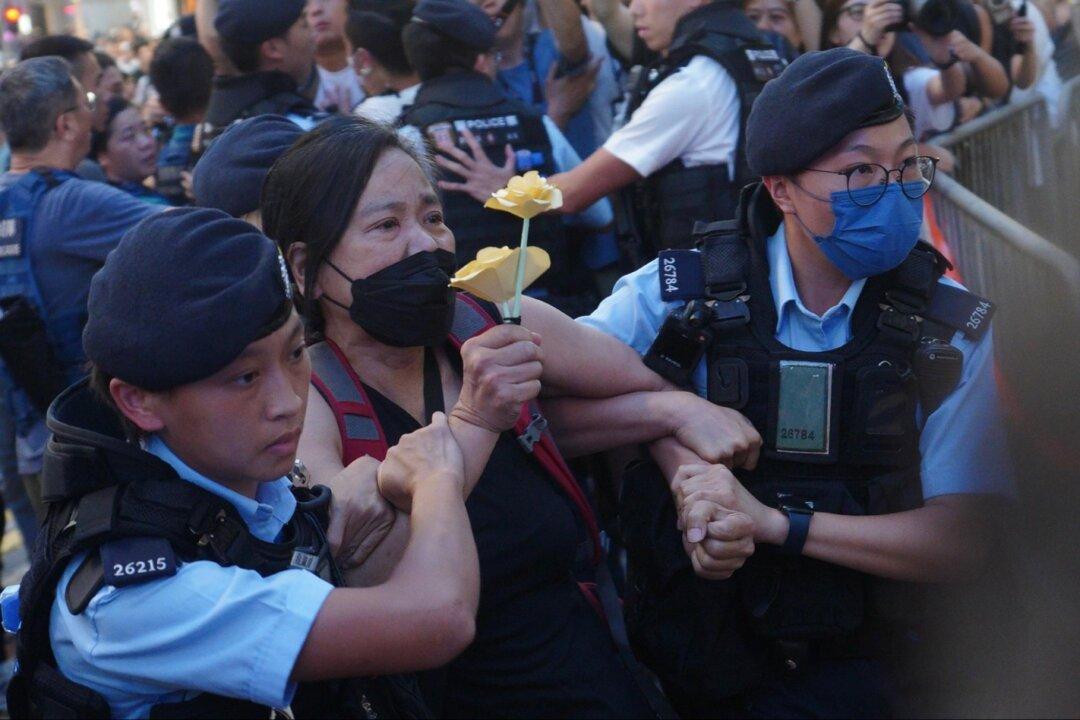Commentary
How many British cultures did Hong Kong acquire? As a former British colony, Hong Kong once acquired its common law system and the rule of law, but the encroachment by the national security law changed everything, producing a lot of wrongful convictions and political prosecutions. British humor, another national treasure, had not been taken seriously in Hong Kong, where language learning is always utilitarian and mechanical. Hong Kong did have some political satire programs but was criticized by pro-communist forces as “enigmatic.”





